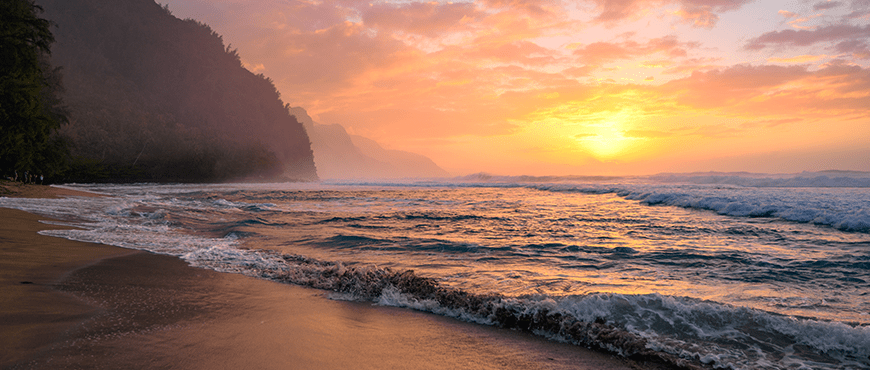Are you a photographer yourself and looking to capture some of Kauai’s natural beauty? Kauai, often referred to as the “Garden Island,” is a paradise for photographers. Its lush landscapes, stunning coastlines, and diverse ecosystems make it a prime destination for capturing the beauty of the natural world. However, with this privilege comes a responsibility to uphold photography ethics in natural settings. In this blog post, we will explore the importance of respecting Kauai’s environment while pursuing your passion for photography.
1. Leave No Trace
One of the fundamental principles of ethical photography in natural settings is leaving no trace. Kauai’s delicate ecosystems can be easily disrupted by human presence. To minimize your impact:
a. Stay on designated trails: Stick to established paths to avoid trampling on fragile vegetation and disturbing wildlife habitats.
b. Pack out what you pack in: Carry out all your trash and litter. Leave the environment as pristine as you found it.
c. Avoid off-road driving: Stick to designated roads and parking areas. Off-road driving can cause erosion and damage to the landscape.
2. Respect Wildlife
Kauai is home to a diverse array of wildlife, from native birds to endangered monk seals. When photographing animals:
a. Keep a safe distance: Use a telephoto lens to capture wildlife from afar. Do not approach or disturb animals for a closer shot.
b. Silence is golden: Turn off the sound on your camera to avoid startling or stressing wildlife.
c. Never feed wildlife: Feeding animals disrupts their natural behaviors and can be harmful to their health.
3. Protect Sensitive Areas
Kauai has several sensitive natural areas, including wetlands, beaches, and coral reefs. To protect these ecosystems:
a. Observe area regulations: Familiarize yourself with local regulations and guidelines. Some areas may be off-limits to protect fragile ecosystems.
b. Avoid stepping on coral reefs: Snorkelers and divers should take care not to touch or damage coral reefs, which are essential to marine life.
c. Stay out of nesting areas: During certain seasons, beaches may be nesting grounds for endangered sea turtles and birds. Respect posted signs and stay clear of these areas.
4. Sunrise and Sunset Etiquette
Kauai’s breathtaking sunrises and sunsets are popular subjects for photographers. When shooting during these times:
a. Arrive early and leave late: Avoid arriving at the last minute or leaving immediately after sunset. This minimizes disruption to other photographers and the environment.
b. Be considerate of other photographers: Share prime shooting spots and respect their presence.
c. Turn off artificial lighting: During night photography, use minimal artificial lighting to reduce light pollution, which can harm nocturnal wildlife and disrupt the natural environment.
5. Educate and Inspire
As a photographer, you have the power to educate and inspire others about the beauty and fragility of Kauai’s environment. Use your images to raise awareness of conservation issues, share ethical photography practices, and promote responsible tourism.
Photography in natural settings, especially in a place as ecologically diverse as Kauai, comes with a responsibility to protect and respect the environment. By adhering to ethical guidelines, you can capture the beauty of this island while ensuring that it remains unspoiled for future generations to enjoy. Remember, as a photographer, you have the power to be a steward of Kauai’s natural treasures, leaving a positive impact on the environment you love to photograph.


